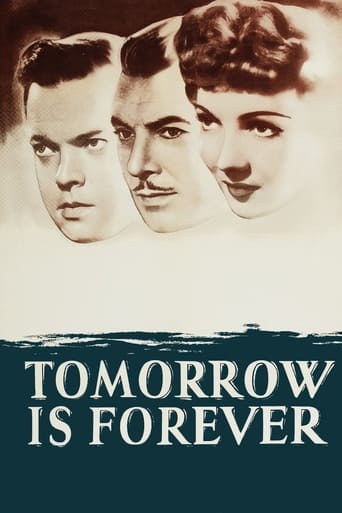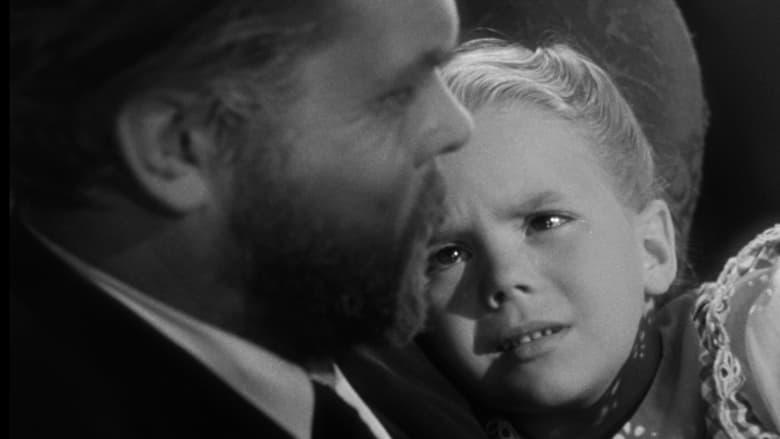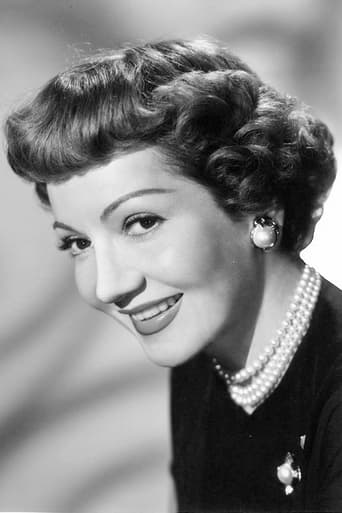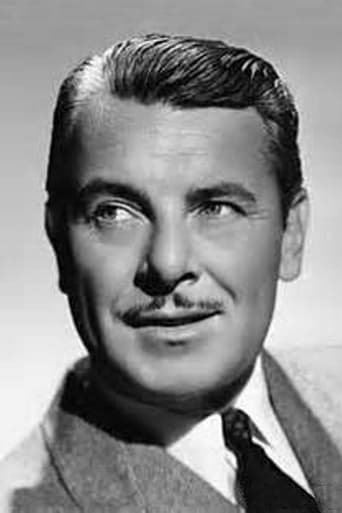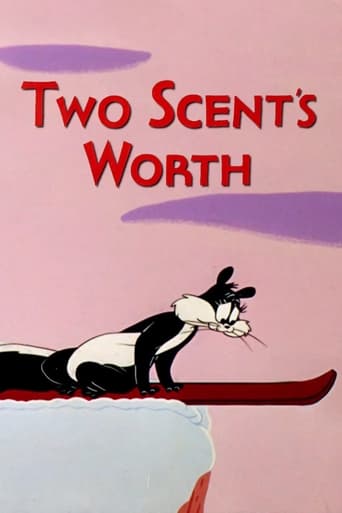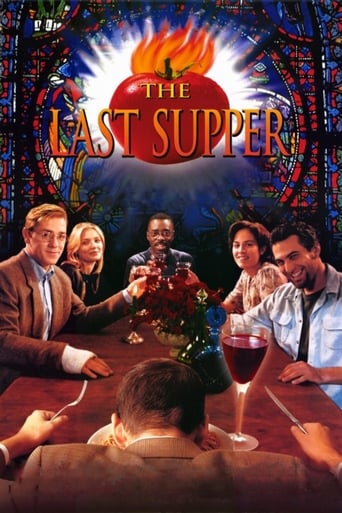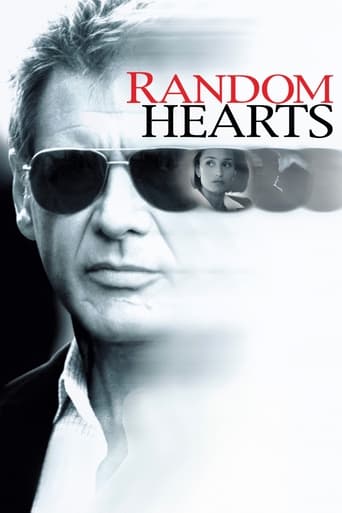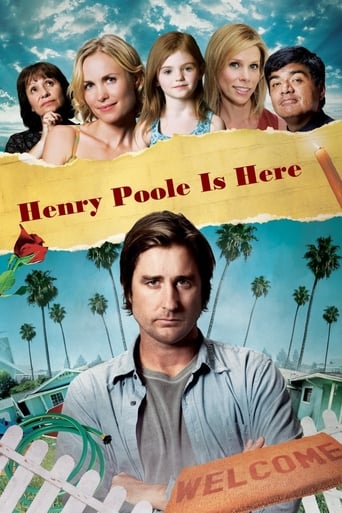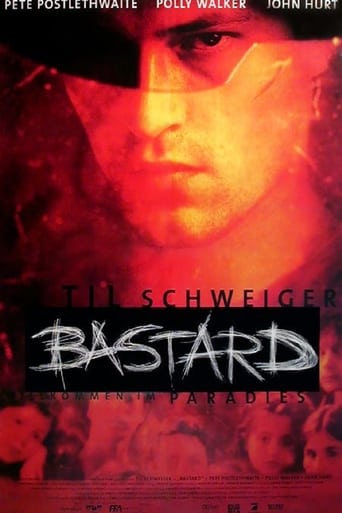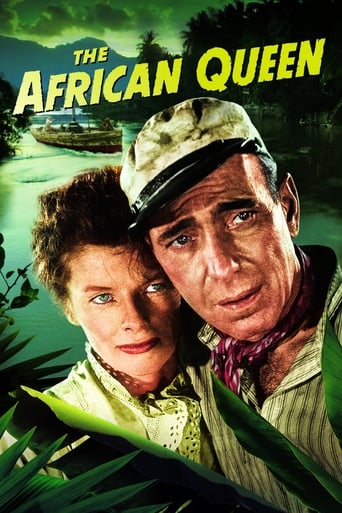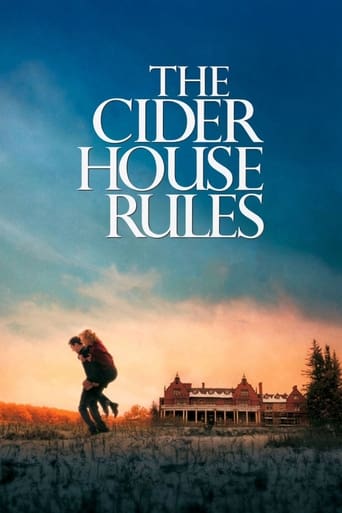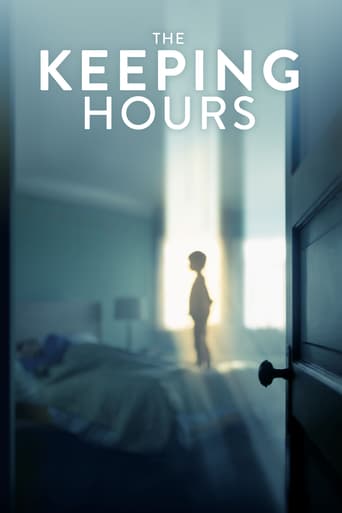Tomorrow Is Forever (1946)
In 1918, Elizabeth MacDonald learns that her husband, John Andrew, has been killed in the war. Elizabeth bears John's son and eventually marries her kindly boss. Unknown to her, John has survived but is horribly disfigured and remains in Europe. Years later, on the eve of World War II, Elizabeth refuses to agree to her son's request to enlist and is stunned when an eerily familiar stranger named Kessler arrives from abroad and becomes involved.
Watch Trailer
Cast
Similar titles

Reviews
Touches You
It is not deep, but it is fun to watch. It does have a bit more of an edge to it than other similar films.
The best films of this genre always show a path and provide a takeaway for being a better person.
It is neither dumb nor smart enough to be fun, and spends way too much time with its boring human characters.
This is one of those films that if you get more than 10 minutes into it you will be stuck to watch the entire film. Claudette Colbert and Orsen Welles are both fabulous in the main roles. Richard Long(Drew) is good too, and Natalie Wood at age 8 is captivating in her first credited screen role. George Brent is solid as Colberts second husband. The richly textured story has to do with Colbert(Mrs. Hamilton/MacDonald) losing her husband (John MCDonald) in World War 1 and then having his son and marrying Lawrence Hamilton (George Brent) and having another son. She believes her husband dead, but her husband is actually severely wounded but not willing to tell her he is alive to the point of never assuming his own identity and crafting a new one for himself as Erik Kessler, an Austrian Chemist. Kessler and his seeming daughter, Margaret Ludwig (Wood) come to America fleeing the Nazis in 1939. By coincidence, Kessler starts working for Lawrence Hamilton (Brent) which allows Kessler to meet his ex-wife and his now 20 year old son Drew. Welles plays the dual role to perfection, as his Kessler portion is simply outstanding acting. Colbert is sure Dr Kessler is her former husband but even though he is, Kessler convinces her not to reveal it to anyone.The big part of this is the drama of on Drew wanting to run off to war against his mothers wishes. For my money, this drama is good enough by itself much less the bonus of performances making this a very solid film. The whole point here is the title of the movie.
I LOVE this movie! I first saw it on TV in the early 50's when I was about 10 and bawled at the end, but with the kind of tears that make you feel good to have a human heart. I'm now 72 and its effect and my opinion have not changed. The plot's has been covered many times in these reviews, so I'll not go there, but the scene (knowing what we know) between Colbert and Welles when he tells her that what she has is the reality, is a heart-breaker with its loving generosity and sacrifice. Finally, when Welles comes in from the storm and is at the fireplace, full tears flow. And I'm not ashamed to admit it.Years later I actually did fall in love with Natalie Wood.
Elizabeth (Claudette Colbert) sends her husband John MacDonald (Orson Welles) off to WWI. After the war ends, Elizabeth receives a telegram that John has been killed in action. He's actually been horribly disfigured beyond recognition. He doesn't want to burden her and takes on an alternate identity Erik Kessler. However he doesn't know that Elizabeth gave birth to their son Drew. Her boss Larry Hamilton (George Brent) takes care of her and they get married. Twenty years later, John/Erik returns with an adopted daughter Margaret Ludwig (Natalie Wood). They're escaping Europe just as WWII is about to start. He goes to his old house but Elizabeth is long gone. He goes to work for Larry and is surprised to meet her at a dinner party. She doesn't recognize him and he's conflicted to reveal his true identity. Drew intends to volunteer for war. Natalie Wood is so young that I don't even recognize her. She's so tiny, adorable and does a great job. This is a very traditional melodrama with a couple of great actors. Welles is quite effective. He doesn't have much screen time before the war which makes his 'transformation' a whole lot easier. Claudette Colbert plays the melodrama with class although she's asked to stretch a lot. Her character goes from weepy depressed to shocked anger. The story is one big melodrama of lost romance. It's a real weepy tear jerker manipulating all the heart strings. Well there isn't that many tears but it's the kind of movie that never stops trying. The great actors keep the enterprise on track.
I am stunned to see the vast majority of commentators describe this great film as "typical," "sentimental," and "melodramatic." That is to completely overlook the various philosophical and psychological aspects of the movie. Isolationism. Pacifism. Opposition to global hegemony and tyranny. All of these are at the essence of the dialog and the story. The need for humans to deny the temptation to live in the past and to embrace the future is the core of the movie - in addition to its TITLE. Reason must overcome emotionalism.That is made especially apparent in the scene where Kessler (Orson Welles) implicitly compares Mrs. Hamilton (Claudette Colbert) to his young charge, Margaret (Natalie Wood). While Mrs. Hamilton lost her husband on another continent, the Nazis murdered Margaret's parents right before her eyes. She is terrified by a "popper" because it causes her to "relive" the sound of bullets, the smell of gunpowder and the sight of blood - her parents' blood. Kessler gently coaxes Margaret into pulling the string on a second "popper" to prove that she doesn't need to be a victim of her fears. She can learn that it is not dangerous, but a mere "toy." She can overcome.The climactic scene between Kessler and Mrs. Hamilton is equally fabulous. The tension steadily mounts as Mrs. Hamilton presses Kessler to admit that he is her husband. Until his direct denial, the dialog is so sublime that it makes sense whether delivered by the woman's lost husband or by "Mr. Kessler." But it is not sentimental. To the contrary, Kessler's powerful philosophical arguments and psychological insights compel Mrs. Hamilton to reassess her life and come to the realization that it has been, is, and promises to be good. To throw that away for a memory would be sheer sentimental folly. "Embrace the good life you have" is the very clear message.Generally the acting is superb, however, in particular this is possibly Orson Welles' finest performance. There are no obvious double-takes or overly-long stares that are dead give-aways in most films that deal with a character with a hidden identity. This is a fabulously subtle performance. Welles' makeup is a little obvious and theatrical, but is not a distraction.In an incredible - and incredibly overlooked - performance, Natalie Wood convincingly portrays a young Austrian girl who speaks German as her native tongue, has lost both parents to Nazi violence and is suddenly thrust into a strange new country. Her performance is one of the best juvenile performances in all American cinema. The Max Steiner score is also very good, although I wish it had been a little more sub rosa. Just turning down the volume of the score to make it a little more subtle would have improved the film a little. However, it beautifully captures the mood of each scene.This movie has layers upon layers. It contains paradoxes and ironies that are profound enough for real reflection. The characters provide profound contrasts in philosophy and psychology. The device of having a husband apparently die (but in actuality refuse to return home because of his "broken" condition) provides ample opportunity for sentimentality. But that device is merely the springboard for a much richer exploration of the meaning of life and our place in the world. To fail to recognize this is to minimize this fabulous film and miss its point.
